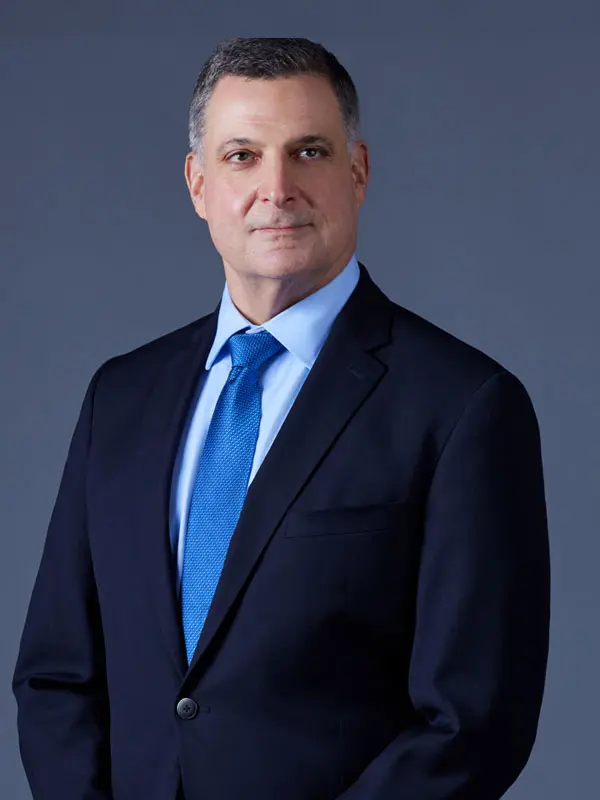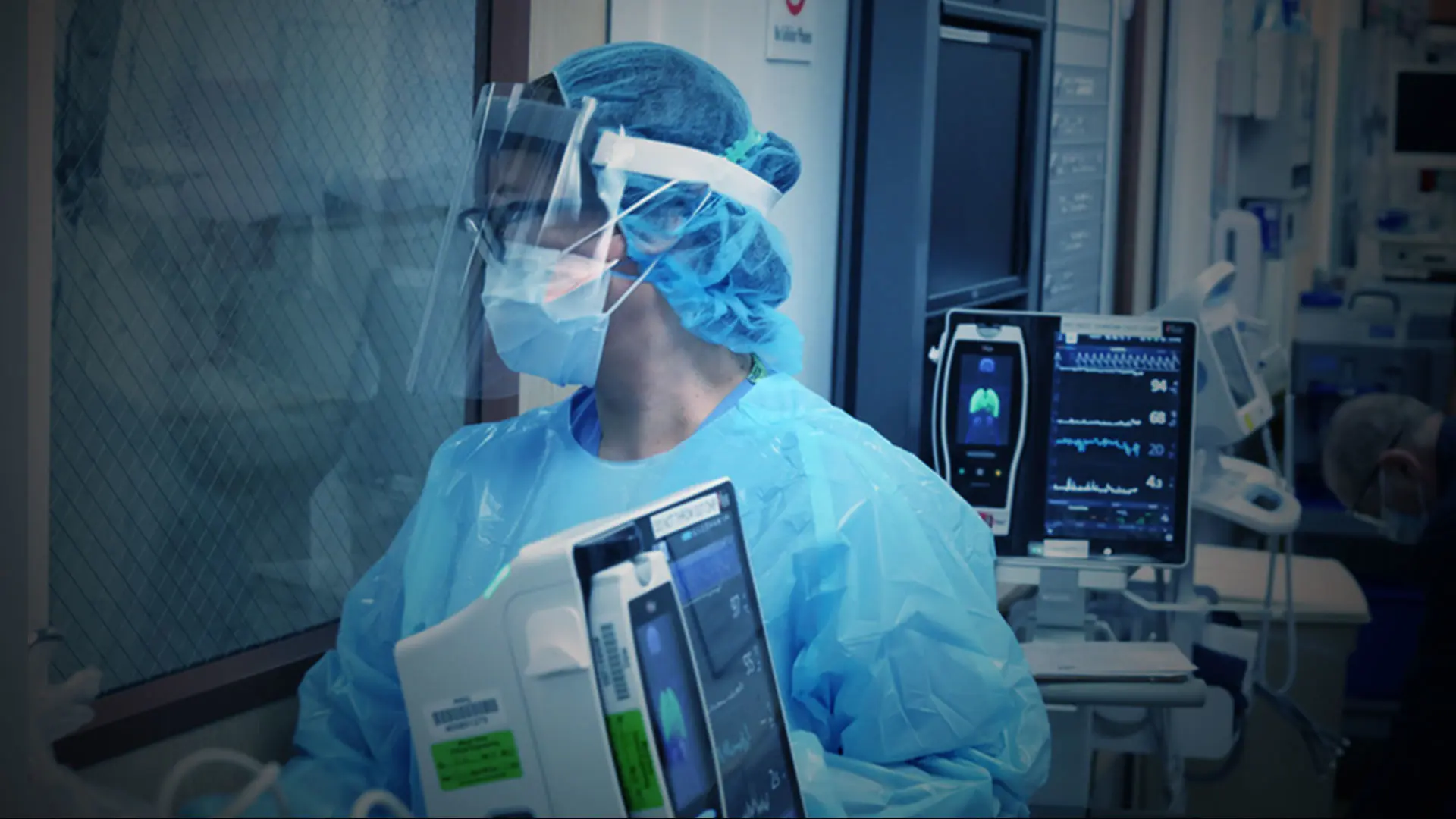From addressing the aftermath of COVID-19 to stepping up the fight against lung cancer, Mount Sinai’s Catherine and Henry J. Gaisman Division of Pulmonary, Critical Care and Sleep Medicine continues to move the field forward.
Our new lung transplantation program, with a special expertise in multiorgan, bloodless, and HIV-positive transplants, will help the many people whose lung function was devastated by SARS-CoV-2. And a new initiative, known as RECOVER, will assess the post-acute sequelae of SARS-CoV-2 infection, with a special focus on the respiratory system. The goal of this National Institutes of Health study is to recruit more than 17,000 patients across 15 hub sites, assess their clinical symptomatology following infection, and then follow them to see what occurs clinically over the long term after infection and how it occurs.
In lung cancer, we published a major study showing that a recent, substantial decline in lung cancer deaths is associated with earlier diagnosis than in the past. It is the first study to adequately assess the role of diagnosis at earlier stages due to early detection. Some of that early detection—though more is needed—can be attributed to new and expanded screening programs, like the screening hub we have recently developed at one of our eight hospitals, Mount Sinai Morningside.
On the research side, we developed a new way to assess a tumor for aggressiveness or indolence based on its gene signatures, especially those surrounding the aurora kinase A and B proteins. This not only allows us to better distinguish aggressive from indolent tumors than is possible through imaging alone, but also suggests a treatment pathway to intercept progression of these tumors. We are also delighted to announce the launch of the Institute for Airway Sciences (IAS), established to advance new therapies for patients with sinus, laryngotracheal airway, and lung diseases. Under the direction of Eric Genden, MD, MBA, Chair of Otolaryngology – Head and Neck Surgery; Marek Mlodzik, PhD, Chair of Cell, Developmental and Regenerative Biology, and me, the Institute brings together a multidisciplinary group of researchers and clinicians with deep scientific and clinical expertise in the diseases that impact the airway. Two new investigators have been recruited to the Institute and additional researchers will join shortly.
We have stepped up our collaboration with other institutions, not only with our longtime partner National Jewish Health but also with a newer relationship with Jefferson Health in Philadelphia.
I hope you find this report useful. As always, I welcome your thoughts and comments at charles.powell@mssm.edu.
Division Chief

Charles A. Powell, MD
Florette and Ernst Rosenfeld and Joseph Solomon Professor of Medicine; Chief, Catherine and Henry J. Gaisman Division of Pulmonology, Critical Care and Sleep Medicine
